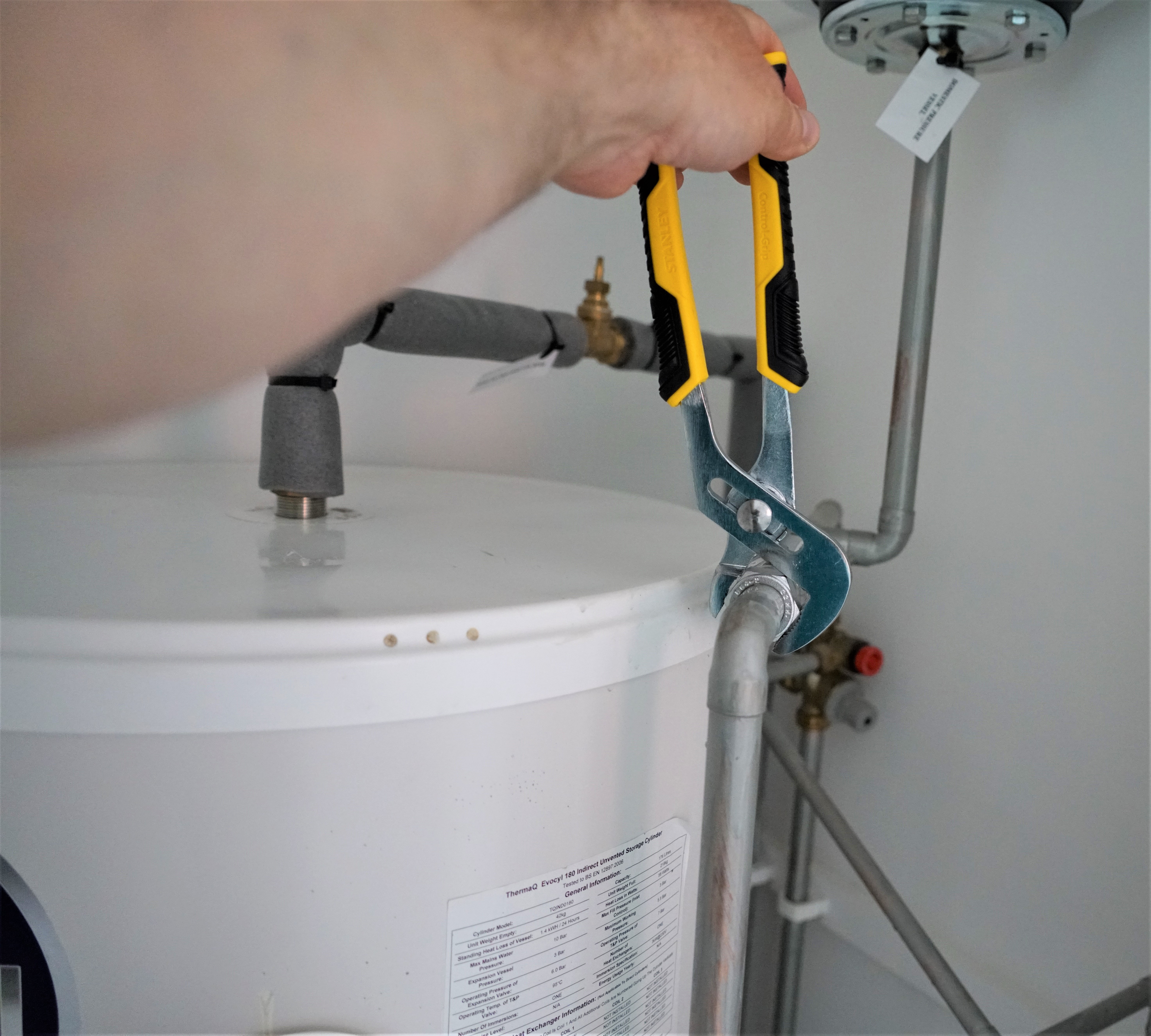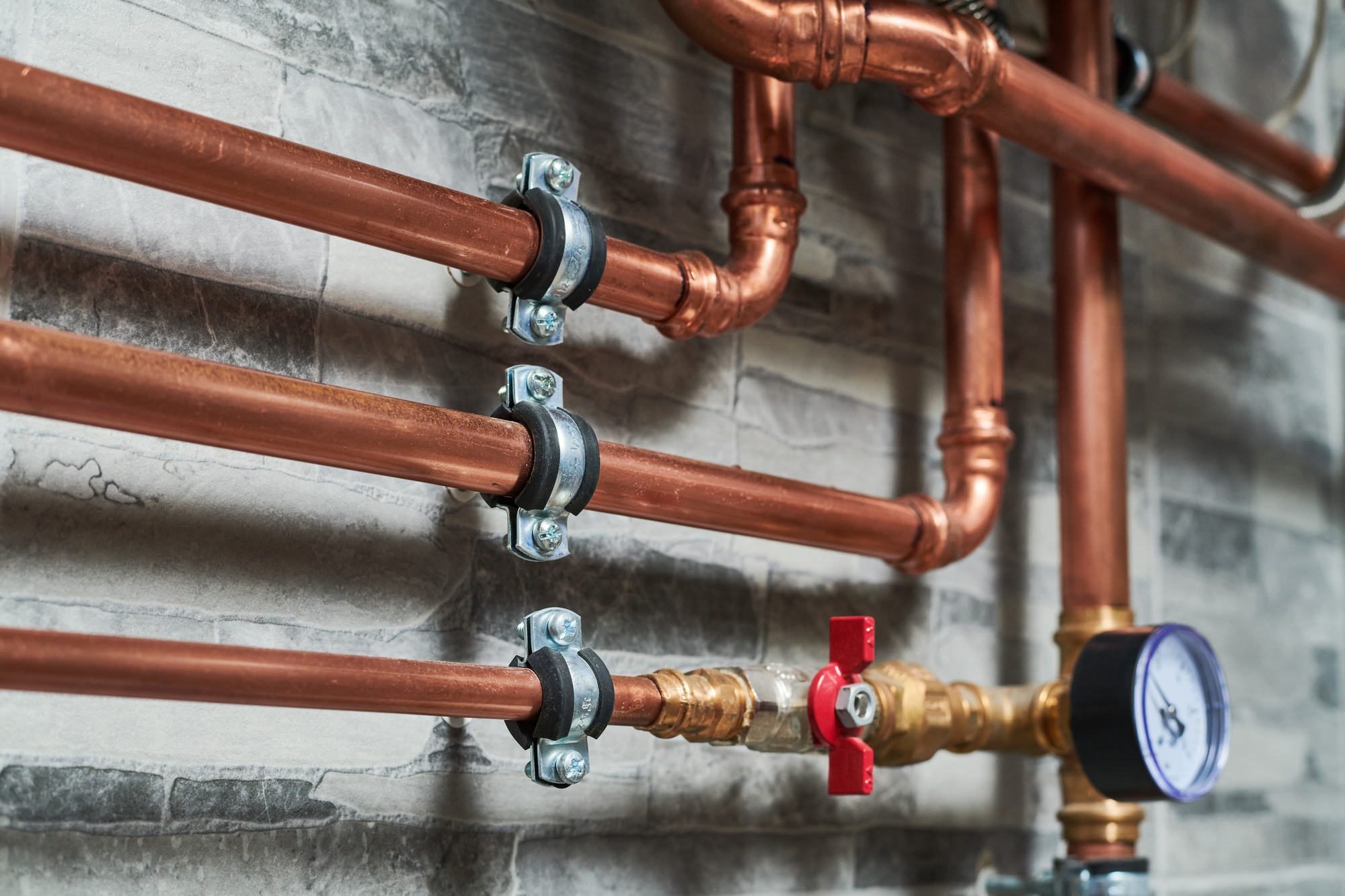As climate change continues to be a pressing issue, many homeowners are turning to more sustainable heating options. One of the most efficient and eco-friendly heating systems available is the heat pump. Rehau, a leading manufacturer of sustainable building solutions, has called on the government to increase the uptake of heat pumps. In this article, we’ll explore why Rehau is pushing for increased heat pump uptake, how heat pumps work, and the benefits of installing a heat pump in your home.
What is a Heat Pump?
A heat pump is an electrical device that extracts heat from the air or ground and transfers it to your home for heating or cooling. Unlike traditional heating systems, which burn fossil fuels to generate heat, heat pumps use the principles of thermodynamics to move heat from one place to another.
How do Heat Pumps Work?
Heat pumps work by using a refrigerant liquid to absorb heat from the environment. This liquid is then compressed, which raises its temperature. The heat is then transferred to your home’s heating system, which distributes it throughout your home. Alternatively, in the summer, the heat pump can be reversed to remove heat from your home and provide cooling.

Why is Rehau Calling for Increased Heat Pump Uptake?
Rehau is calling for increased heat pump uptake to help reduce carbon emissions and combat climate change. While heat pumps have been available for several decades, their uptake has been slow due to their higher upfront cost compared to traditional heating systems. However, Rehau argues that the long-term savings and environmental benefits of heat pumps make them worth the investment.
What are the Benefits of Installing a Heat Pump in Your Home?
1. Energy Efficiency
Heat pumps are highly efficient. Unlike traditional heating systems, which require energy to generate heat, heat pumps simply move heat from one place to another. This means that they consume less energy and are more cost-effective in the long run.
2. Environmental Benefits
Heat pumps are one of the most eco-friendly heating options available. By extracting heat from the air or ground, they use renewable energy to heat your home, reducing your carbon footprint.

3. Reduced Heating Costs
While heat pumps may have higher upfront costs, they can save you money in the long run. According to the U.S. Department of Energy, homeowners can save up to 50% on their heating costs by switching to a heat pump.
4. Improved Air Quality
Heat pumps do not generate combustion byproducts, which can reduce indoor air quality. By eliminating the need for fossil fuels, heat pumps provide a cleaner, healthier indoor environment.
5. Versatility
Heat pumps can also be used for cooling in the summer, making them a versatile heating and cooling option for your home.
Conclusion
As Rehau has pointed out, heat pumps have the potential to revolutionize the heating industry and help combat climate change. While they may have higher upfront costs, the long-term savings and environmental benefits make heat pumps a worthwhile investment. If you’re considering a new heating system for your home, we highly recommend exploring heat pump options. To learn more about heat pumps or to schedule an installation, visit our website at aceplumbingrepair.com or call us at (844) 711-1590.






